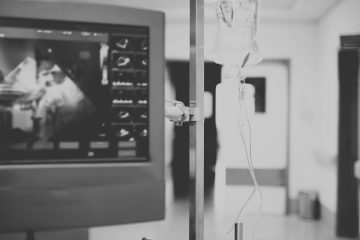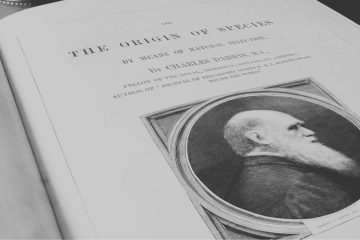What Happened On February 1st?
On the morning of February 1st, 2003, thousands of spectators awaited and anticipated the return of the Space Shuttle Columbia in Cape Canaveral, Florida. The spaceship with its seven astronauts onboard, was moments away from completing its 28th mission, (STS-107) an outstanding return from 16 days in space.
But instead of the touchdown and celebration that people around the globe were waiting for, we were met with a chilling silence. Just minutes before re-entry, at 8:59 AM EST, radio contact with Columbia abruptly ceased. Sensors indicated anomalies, then silence again. An uneasy dread began to creep around those watching, both at the launch site and around the world.
As data trickled in, the worst fears were confirmed. Columbia, struck by a piece of foam insulation during launch, had sustained damage to its left wing. The searing heat of re-entry exploited this breach, which burned the shuttle apart over Texas and Louisiana.
Not to be confused with the tragedy of the STS-51-L mission which occurred almost 17 years ago exactly, the same am out of casualties were lost due to a lack of precautions and preparation. NASA is now responsible for almost 5 (near-loss of Apollo XIII) spaceship accidents, where a total of 15 lives have been lost.
Days turned into weeks, then months, as the investigation went on and on. The strenuous search for debris revealed the extent of the damage that was done, and the Columbia Accident Investigation Board meticulously pieced together the chain of events leading up to the accident.
They found that it wasn’t just a single piece of foam; it was a systemic failure, a series of missed opportunities to address known risks. Recommendations for improved safety measures were necessarily implemented, learning from the mistakes to ensure such a tragedy would never happen again.
And, there has not been another tragedy since. During this time period however, there were other aerial accidents, where hundreds of civilians lost their lives. As aircraft technology was relatively new in the 90s and the early 2000s, safety precautions happened to be overstepped, leading to these tragedies.
The seven astronauts aboard Columbia – Rick Husband, William McCool, Michael Anderson, David Brown, Kalpana Chawla, Laurel Clark, and Ilan Ramon – will forever be remembered for their courage, dedication, and the ultimate price they paid in the name of pushing humanity’s boundaries. They remind us of the inherent risks and immense rewards of reaching for the stars.
Questions, Comments, Concerns?
Today we commemorate the sacrifice and bravery of these astronauts, who paved the way for modern space technology today.
If you have any thoughts or comments, please share them below.





